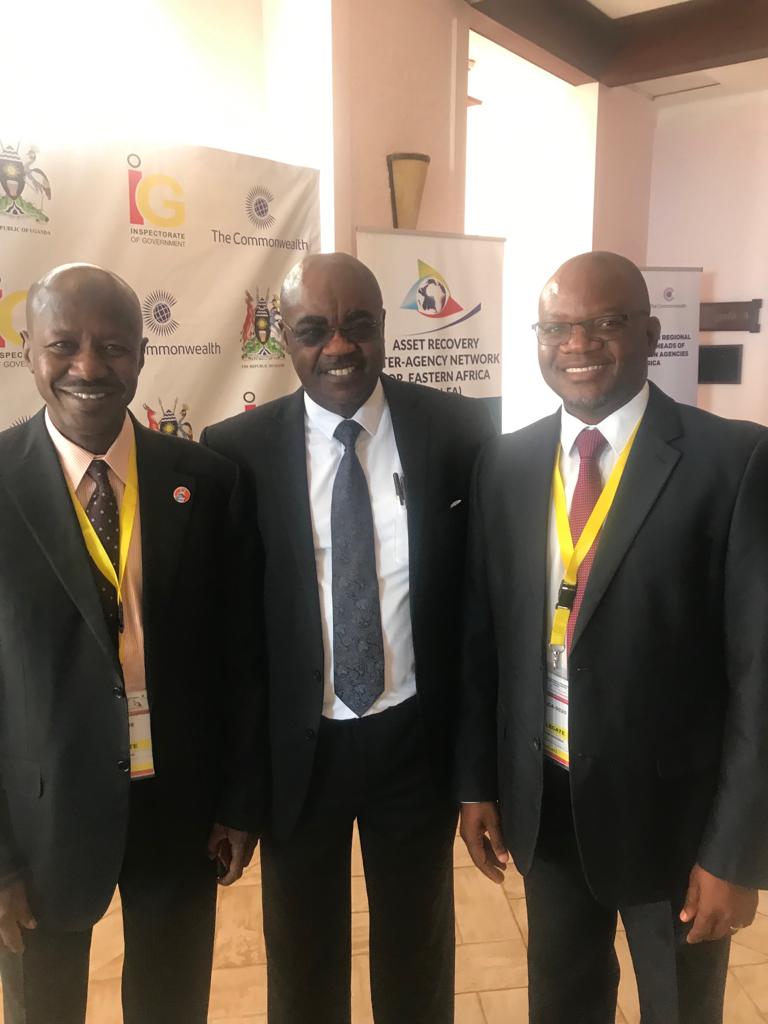Analysts at Access Bank’s Economic Intelligence Group (EIG) say they are betting on Nigeria’s year-on-year August inflation coming in at 15.97 percent, a seventh consecutive month further deceleration in the inflation number, which officially came in at 16.05 percent in July.
In a forecast note made available to Businessamlive on Tuesday, the analysts, using what they called an autoregressive analysis of past prices, while recognizing the assumptions used by the National Bureau of Statistics (NBS) in its computation of monthly composite consumer price index, said the drop in annual inflation is reflective of a slight acceleration in food prices that has been offset by a slowdown in core inflation.
They noted that an independent survey had showed that the price of major staples such as rice maintained an upward trend in August, contrasting with others such as yam, potatoes and garri, which remained stable.
They also based their call on the fact that core inflation was expected to have continued its downward trend in the month of August owing to ongoing stability in the exchange rate. Core inflation excludes farm products and energy prices.
“The value of the naira remained stable at both the CBN official and parallel market segments, closing at N305.85/$ and N365/$ respectively at the end of August compared to N305.65/$ and N365/$ in that order at the end of July,” they noted.
The NBS is scheduled to release inflation figures on Friday, August 15, 2017 and should it drop again for the seventh month in a row, it would be doing so since it attained a peak of 18.7 percent in January. On the back of this, the Access Bank analysts predict that Nigeria’s central bank would maintain a tightening stance on liquidity through mopping up of excess, “as a disincentive for aggressive FX purchase which will keep T-bill rates elevated,” they predicted.
Also, they are of the view that even with inflation decelerating, at their predicted rate of 15.97 percent, and still above the Nigerian central bank’s target range of 6-9 percent, the apex bank would retain its monetary policy (MPR) rate when its Monetary Policy Committee meets on 25th and 26th September. The MPR is currently 14 percent.
“ With no change in rates expected, the focus will be on the Central Bank’s guidance and on its efforts at managing liquidity in the financial system through open market operations,” the analysts said.




